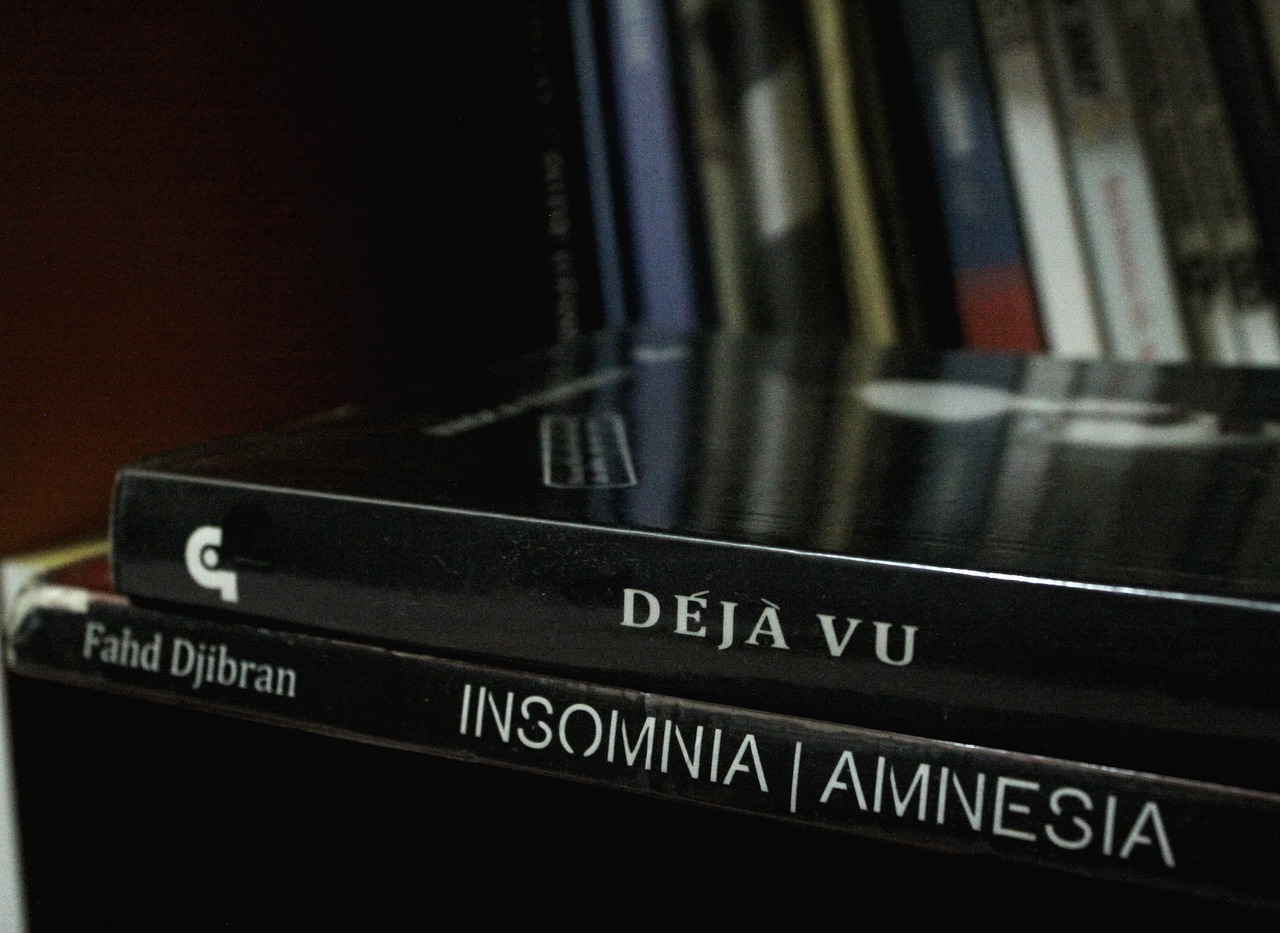
Everything You Need to Know About Insomnia
Insomnia is a sleep disorder affecting millions of people around the world. People suffering from this disorder find it difficult to fall and stay asleep, thus, they are always fatigued. Insomnia leads to several health problems like weight gain, diabetes, and hypertension. A few changes in diet and lifestyle can help improve this condition to an extent.
Not all types of insomnia are the same. Long-term insomnia can affect your overall health, but short-term insomnia leads to fatigue and difficulty in concentration. Insomnia can be a primary problem, or it can be associated with other medical conditions. Below we have discussed everything from symptoms and causes to prevention and treatment for insomnia.

Symptoms of Insomnia
In addition to disrupted sleep, insomnia also has other symptoms such as:
- Sleepiness or fatigue during daytime
- Lack of focus and poor concentration
- Occasional or regular headaches
- Anxiety, depression, or irritability
- Facing difficulty in studying and working
- Lack of motivation or energy
- Gastrointestinal problems
- Poor coordination
Although lack of sleep is a primary symptom of insomnia, the presence of the problems listed above, can also be indicators of this disorder.
Different Types of Insomnia
Depending on its characteristics, insomnia can be classified into several types, such as:
- Chronic Insomnia – It refers to insomnia that affects your sleep for more than 3 days every week for a period longer than 3 months.
- Acute Insomnia – It refers to sleeping difficulty that is resolved within a few weeks.
- Maintenance Insomnia – The disorder is classified as maintenance insomnia when a person finds it troublesome to continue to stay asleep. If you wake up too early or several times during the night, you may have this type of insomnia. Underlying physical and mental health symptoms can be related to maintenance insomnia.

Treatment for Insomnia
There are several options for insomnia treatment in Dubai. The options include natural remedies, supplements, medications, and therapy. Depending on the type of insomnia and its severity, doctors will use a combination of these treatments to help you manage the symptoms. Some notable treatment methods include:
Cognitive Behavioral Therapy (CBT)
CBT is the most significant type of treatment to treat insomnia in adults. With the help of therapists, patients can learn specific techniques and receive the best insomnia treatment. The most notable techniques of this process include:
- Sleep restriction – Sleep is first restricted, and then the time spent being asleep in bed is gradually increased. This can help improve the efficiency and quality of sleep.
- Bright light therapy – Under this technique, the patient is exposed to bright light in the morning or evening. The time depends on whether the patient has trouble falling or staying asleep.
- Stimulus control – This technique teaches the patient to get out of bed and find an activity that they are supposed to indulge in until they fall asleep. This prevents them from staying awake and worrying about sleep.
As a part of insomnia treatment, therapists may also share some relaxation techniques along with sleep hygiene patterns that improve the quality of sleep.
Supplements and Medications
In more severe cases, doctors may prescribe over-the-counter medication to treat insomnia or to manage the symptoms. Doctors can also recommend supplements to treat the deficiency of melatonin in the body. This hormone plays a significant part in the sleep cycle, and doctors may prescribe supplements in appropriate doses to help patients with symptoms of insomnia. Medications have a different impact on different people; thus, it is not advisable to take these medicines and supplements without consulting a doctor.
Other Approaches
Slight modifications in lifestyle can also help manage insomnia. Some of the best ways to address it are mentioned below:
- Ayurveda – Shirodhara is one of the various Ayurvedic approaches to treating insomnia. It is known to have a relaxing, soothing and calming effect on the mind and the body, improving upon sleep patterns and the quality of sleep. It is highly effective in managing conditions arising from stress such as insomnia, chronic tiredness, forgetfulness, and lack of concentration.
You may also be prescribed appropriate liquid medicines.
- Meditation – Regular practice of meditation is known to promote relaxation. It may help you fall asleep and improve upon the quality of sleep.
- Acupuncture – This involves needle insertion at specific pressure points in the body. It is known to assist in managing insomnia.
- Sleep rituals which are known to help:
- Have a warm shower before bedtime
- Retire early
- Do not consume stimulants like tea or coffee before or at bedtime
- Do not exercise just before bedtime
- Do not read in bed
- Stay away from screens
- Consuming warm milk or herbal tea before bedtime may help
- Relaxing fragrances such as lavender can help manage insomnia symptoms
Final Words
Insomnia is a sleep disorder capable of disrupting your life and daily activities. It does not only affect your physical well-being but also affects your emotional and mental health. If you struggle with any symptoms that are disrupting your life, it is advisable to contact a healthcare professional. The Healer’s Clinic is one of the most recognized and reputed places to receive insomnia treatment in Dubai. We focus on holistic healing and help you manage the symptoms of insomnia without any side effects. For more information, you can visit our website, or get in touch with our team at info@thehealersclinic.com.






